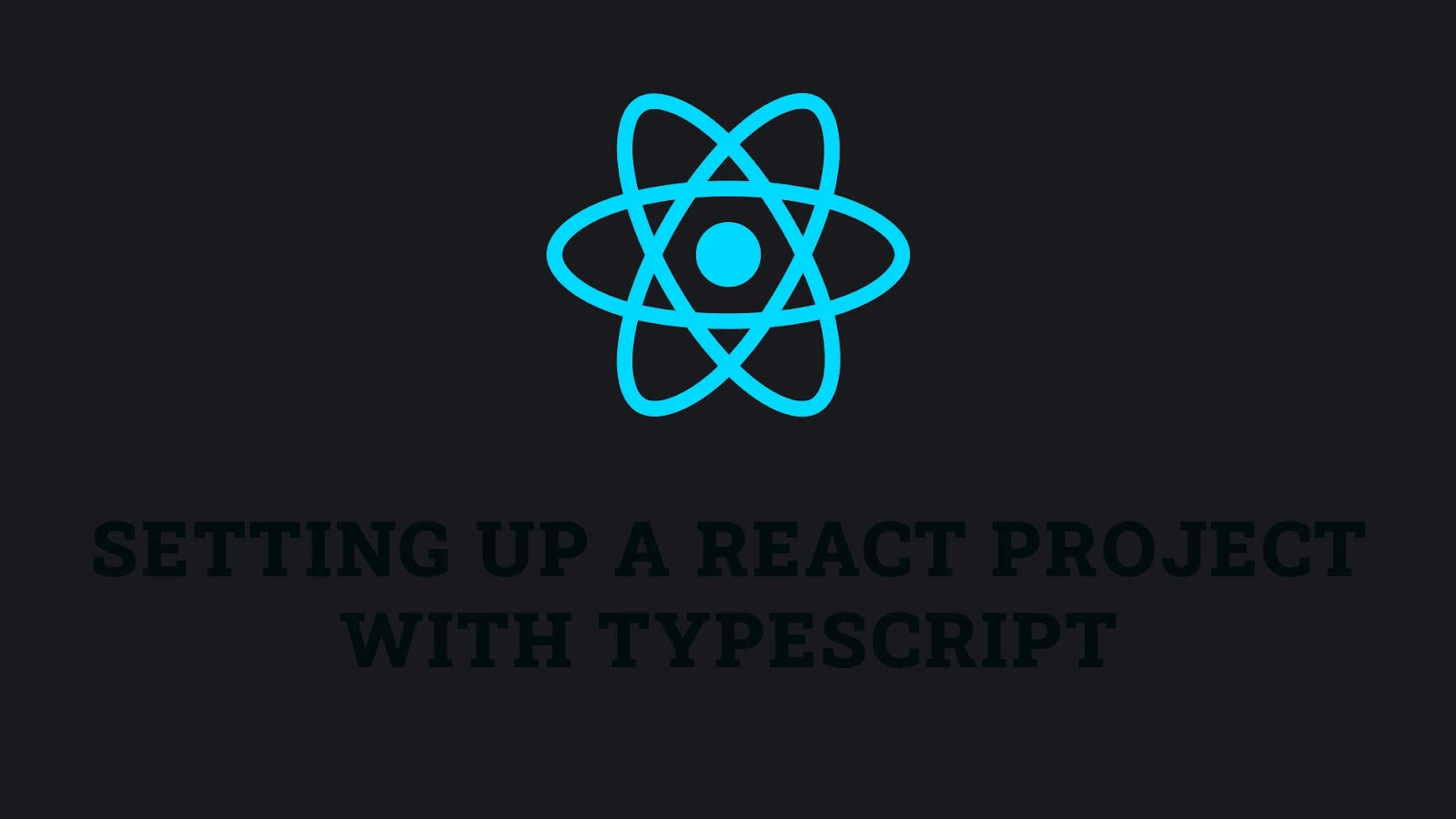Introduction
TypeScript is a statically typed superset of JavaScript that enhances the development experience and helps catch errors early in the development process. Using TypeScript with React allows you to create robust and maintainable applications. This article will guide you through setting up a React project with TypeScript, providing practical examples and best practices.
Prerequisites
Before setting up a React project with TypeScript, ensure you have the following prerequisites installed on your system:
- Node.js: Download and install the latest version of Node.js from the official website: Node.js.
- npm or Yarn: npm is included with Node.js, but you can also use Yarn as an alternative package manager.
Setting Up the Project
To create a new React project with TypeScript, you can use Create React App (CRA) with the TypeScript template. Follow these steps to set up the project:
/* Using npm */
npx create-react-app my-app --template typescript
/* Using yarn */
yarn create react-app my-app --template typescriptThis command will create a new React project in a directory named my-app with TypeScript configuration. Navigate to the project directory:
cd my-appProject Structure
The generated project structure includes TypeScript files and configuration:
my-app/
├── node_modules/
├── public/
├── src/
│ ├── App.css
│ ├── App.test.tsx
│ ├── App.tsx
│ ├── index.css
│ ├── index.tsx
│ ├── logo.svg
│ ├── react-app-env.d.ts
│ ├── reportWebVitals.ts
│ └── setupTests.ts
├── package.json
├── tsconfig.json
└── README.mdThe src/ directory contains TypeScript files, and the tsconfig.json file configures TypeScript for the project.
Running the Project
To start the development server and run the project, use the following command:
/* Using npm */
npm start
/* Using yarn */
yarn startThis command will start the development server and open the application in your default browser. You can now start building your React application with TypeScript.
Best Practices for Setting Up a React Project with TypeScript
- Use TypeScript Linting: Configure ESLint and Prettier to enforce consistent code style and catch potential errors.
- Organize Project Structure: Organize your project structure with clear directory organization for components, hooks, and other modules.
- Document Your Code: Use JSDoc comments to document your code and provide type annotations for better code understanding.
Fun Fact
Did you know that TypeScript was developed and maintained by Microsoft? It has gained immense popularity among developers due to its strong typing and advanced tooling capabilities!
Conclusion
Setting up a React project with TypeScript provides a solid foundation for building robust and maintainable applications. By following the steps outlined in this article, you can create a new React project with TypeScript and start leveraging the benefits of static typing. Keep experimenting with TypeScript to master its use and enhance your React projects.
 Reviewed by Curious Explorer
on
Wednesday, November 27, 2024
Rating:
Reviewed by Curious Explorer
on
Wednesday, November 27, 2024
Rating:




No comments: